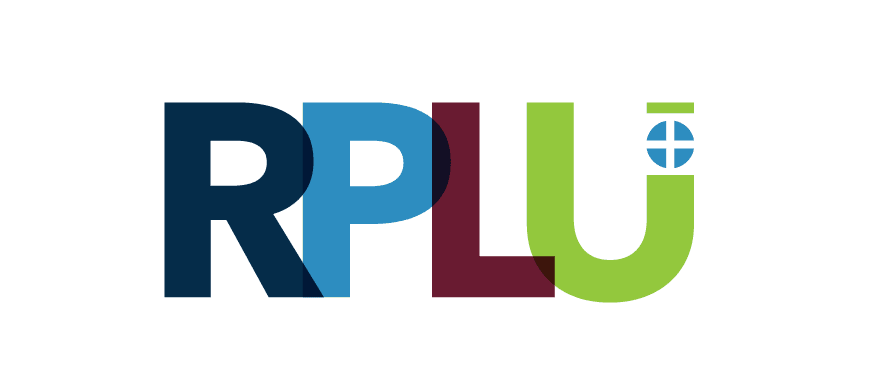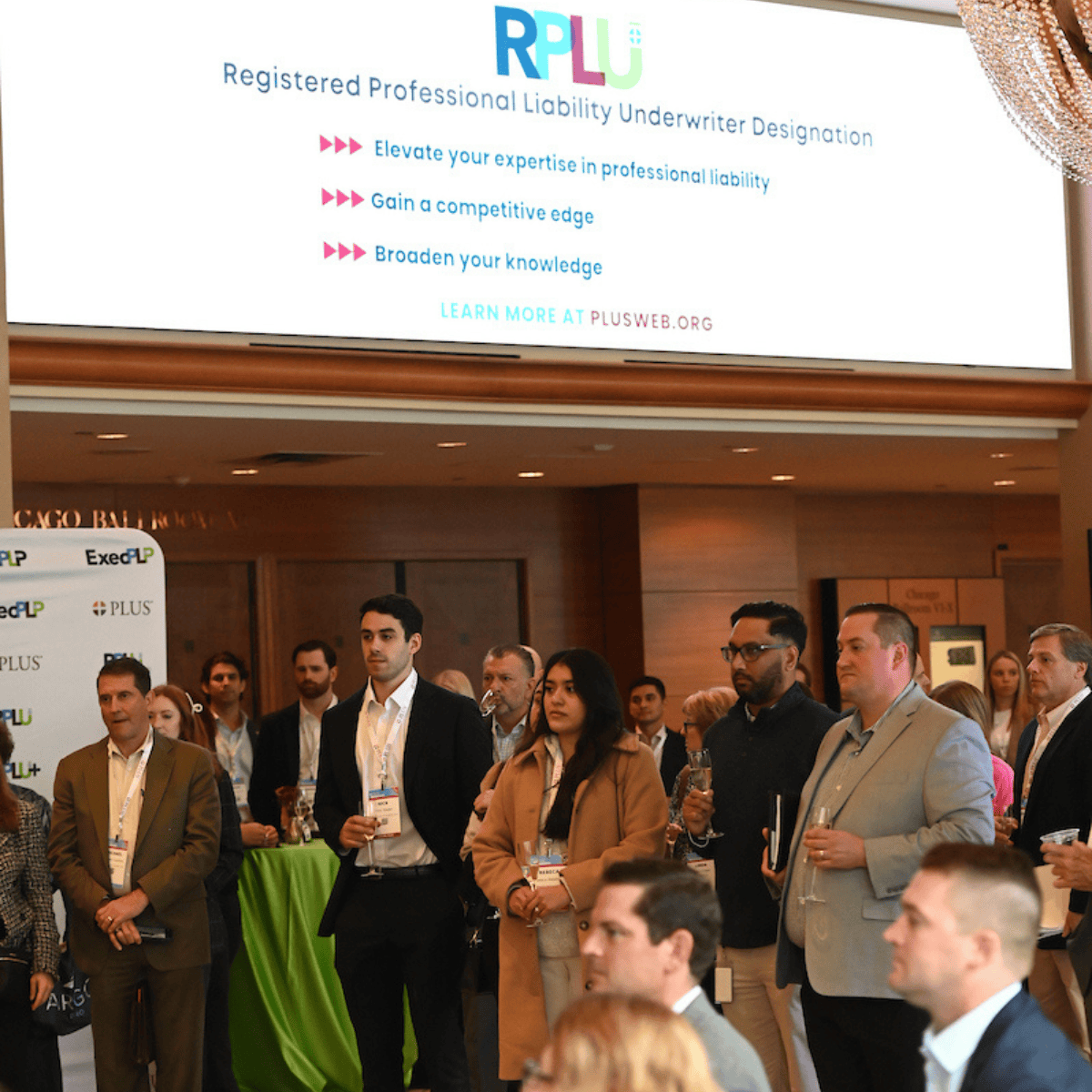How to Earn the RPLU | RPLU+ Designation
The RPLU designation is for professionals who want to demonstrate proficiency across the full spectrum of professional liability insurance. Once you’ve earned it, you can keep growing by completing five additional elective modules and exams to achieve the RPLU+ designation, your path to ongoing learning and advancement.
Step 1: Join PLUS and Confirm Your Experience
Become a PLUS member for free and confirm you have at least 2 years of professional liability insurance industry experience.
Not there yet? You can still enroll and begin working toward your designation. Your application will be reviewed once all requirements are met.
Step 2: Enroll in the RPLU Designation Program
Start the process by enrolling in the RPLU Designation Program here.
During enrollment, you'll:
- Confirm your industry start date
- Pay the $150 application fee
- Get access to track your progress towards the designation
Step 3: Complete the Required Modules
- Module 1: Fundamentals of Liability Insurance
- Module 2: Commercial General Liability Insurance Overview
- Module 3: Professional Liability Insurance: Introduction
- Module 4: Financial Analysis
- Module 5: Professional Liability Reinsurance
- Module 6: Professional Liability Insurance Claims
- Module 7: Medical Professional Liability Insurance Intro
- Module 8: Directors & Officers Liability Insurance Introduction
- Choose any 5 modules from Module 9 - Module 23
Step 3.1: How to Earn the RPLU+ Designation
The RPLU designation is for professionals who want to demonstrate proficiency across the full spectrum of professional liability insurance. Once you’ve earned it, you can keep growing by completing five additional modules and exams (from Modules 9–23 not already completed) to achieve the RPLU+ designation, your path to ongoing learning and advancement.
Step 4: Affirm Completion
After completing all requirements, visit your Education Programs Dashboard and click "Affirm Completion" under the RPLU or RPLU+ designation program. Once approved, you’ll receive a confirmation email with designation-specific information, including how to download your designation certificate. Note: This approval process can take a few business days.



